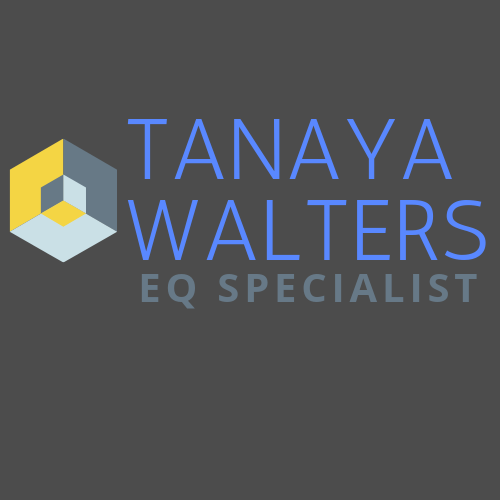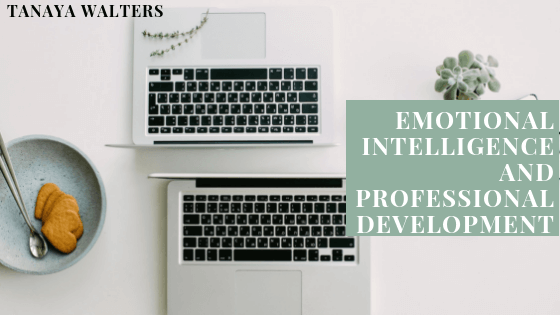Research shows that a person’s emotional intelligence quotient (EQ) is a more reliable predictor of their success than their intelligence quotient (IQ). With the importance of emotional intelligence so widely know, it only makes sense that organizations would implement professional development programs that aim to improve an employee’s emotional intelligence.
Professional development is an essential part of keeping engaged and efficient employees. An employee development programs helps to create a capable workforce and employees that are ready for a promotion. These types of programs prevent employees from feeling bored at work, which leads to decreased performance and a negative attitude.
Businesses should focus on emotional intelligence when looking at professional development opportunities for employees. Emotional intelligence plays a crucial role in workplace success. Recent research from Keller Center Research looked to determine the effectiveness of emotional intelligence professional development initiatives. They found that when Coca-Cola put their leadership through emotional intelligence training, they exceeded their performance targets by 15 percent.
For small businesses, it can be difficult to afford professional development courses. Often, small businesses have stricter budgets and can’t afford to hire a professional development specialist to teach classes. However, it doesn’t make the need any less important. Companies need to provide their employees with a chance to grow and change in their role, especially in regards to emotional intelligence. This helps your employees to be better at their jobs and to be better people.
Small businesses that are looking to provide professional development to their employees while still keeping inside of their budget should consider the following options.
Mentorship
Recruit some of your older employees, especially ones that demonstrate a high level of emotional intelligence, to mentor new hires. These mentorships provide new employees with a way to learn these vital skills, without investing tons of money into structured courses. Plus, it gives your older employees a chance to flex their leadership skills, in addition to their emotional intelligence.
Employee goals
Setting goals with employees during their reviews are another way to incorporate professional development. Work with each employee to set both personal and professional goals to work on through the year. These goals can be related to areas that you identify together as an area for improvement. Set benchmarks to track these goals throughout the year to monitor how well your employees are improving in that area.

